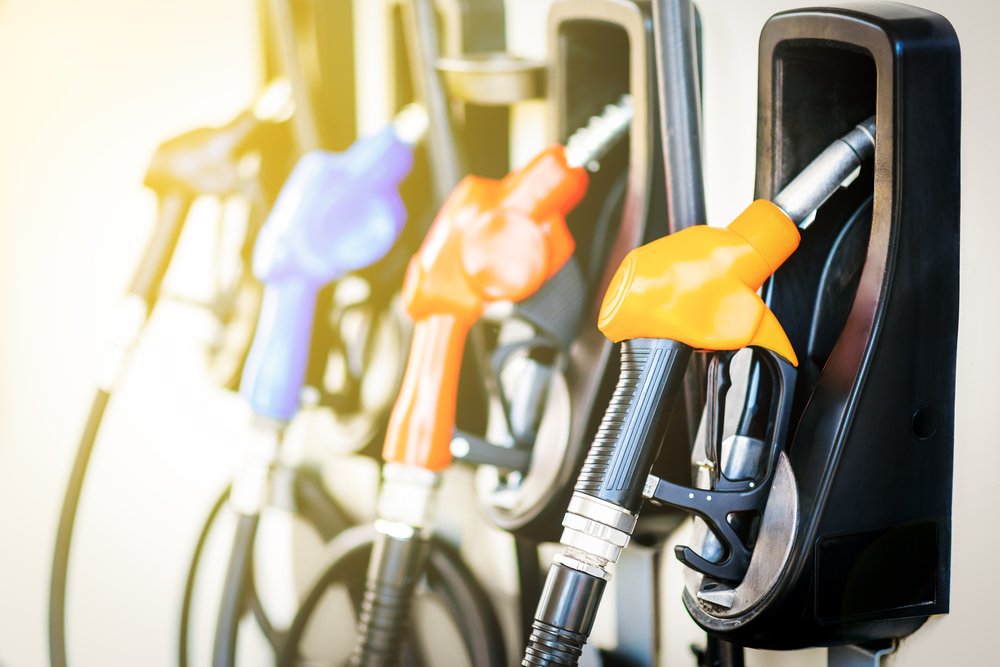Excise duties on fuels will skyrocket from January 1, 2020. For example, the government will receive more than 1 cent extra per liter in the new year. The excise duties on diesel and LPG are also increasing. Motorists pay more than half a euro more for a full tank of petrol.
Difference excise duty 2020 versus 2019.
For example, the excise duty on petrol Euro95 E10 will increase by more than 1 cent per liter (0,0126 euros p / l) and diesel by more than half a cent per liter (0,00793 euros p / l). In the case of LPG, the amount per liter is increased by slightly more than a quarter of a cent per liter (0,00298 euro p / l).
The increases in excise duty on petrol, diesel and LPG will increase by percentages of between 33 and 40 percent. “The argument for this tax increase is inflation - set by the government at 1,6 percent. For the sake of convenience, the government also charges the tax increase with 21% VAT. This makes your refueling half a euro more expensive ”, says Paul van Selms.
How much does that save per refueling?
Motorists fill up on average about 40 liters at a time. Using the following sum, UnitedConsumers calculated the increased amount: excise duty x VAT (21 percent) x 40 liters = extra costs for a refueling in 2020. The costs for petrol increase 60 cents per refueling. Diesel drivers are 38 cents more expensive and drivers with LPG come to 14 cents extra.
“A motorist with 20.000 km per year on the counter (1 liter per 15 km of consumption) therefore spends about 20 euros extra on petrol on an annual basis. In the case of diesel and LPG, this amount is of course slightly lower due to the lower increase in excise duty, but these cars, on the other hand, often drive twice as many kilometers.
Almost half the petrol price consists of excise duty
With 8.000.000 motorists, the Dutch government has a lot of extra income from fuel tax. Ultimately, the government determines the fuel price for the most part.
"VAT and other levies show that the Dutch government decides about 75 percent how expensive our fuel is," says Van Selms.
Also read: KLM takes step in sustainable flights with finished frying fat


